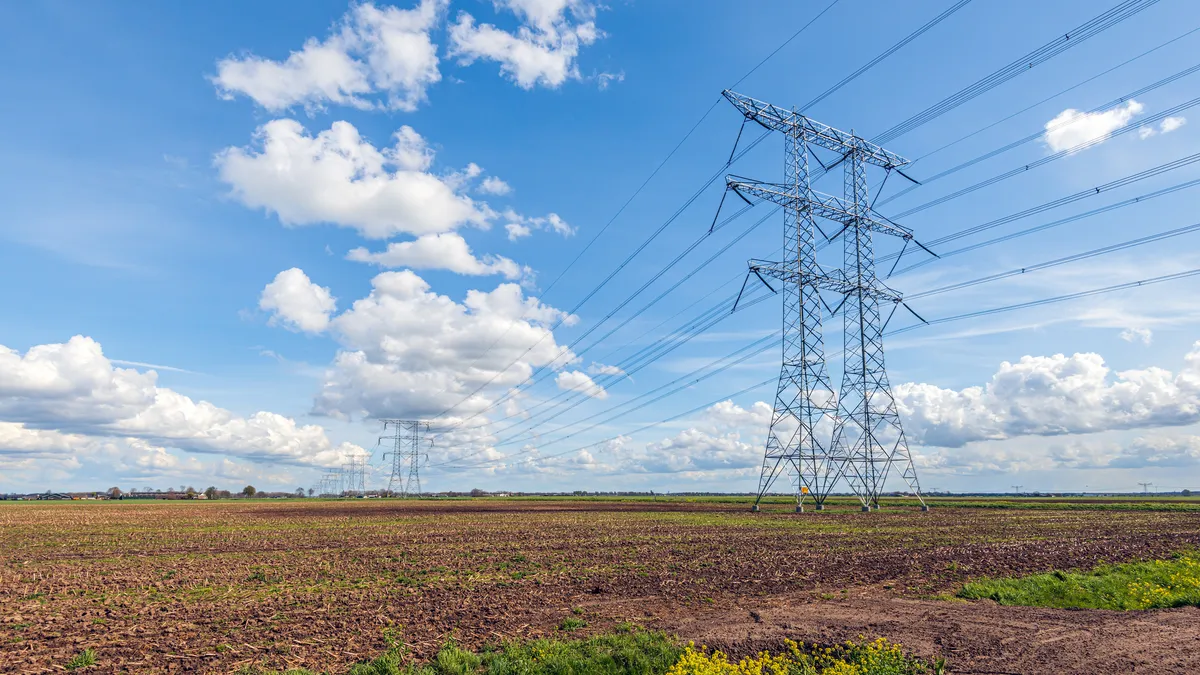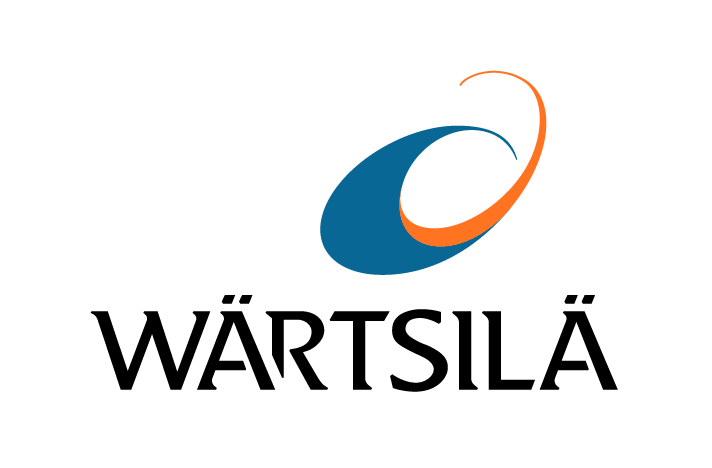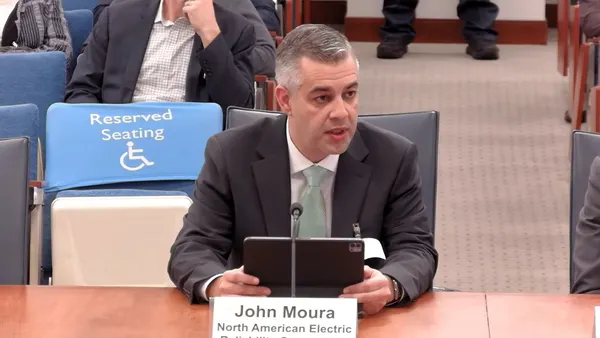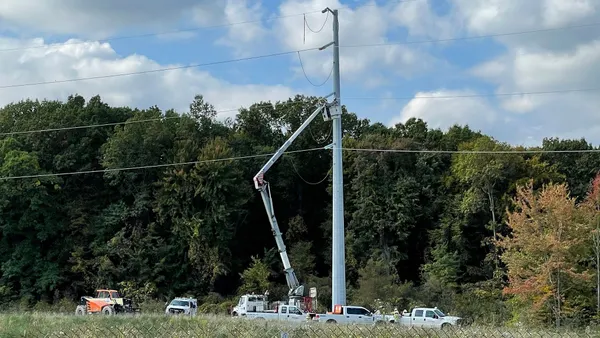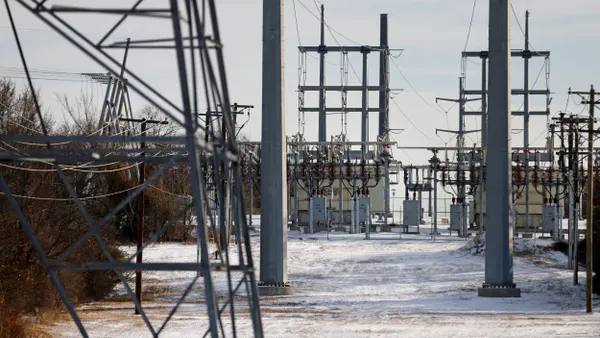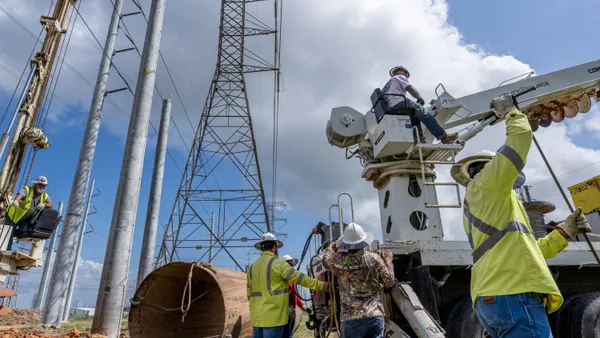Dive Brief:
- The Minnesota Department of Commerce and the Iowa Utilities Board are supporting a complaint from a coalition led by Alliant Energy seeking to lower the equity ratio ITC Midwest uses to help set its transmission rates, according to comments filed at the Federal Energy Regulatory Commission.
- FERC should reduce ITC Midwest’s equity ratio to 53% from 60%, a change that would save ratepayers an estimated $114 million over four years, the IUB said in comments filed May 26. The agency asked FERC to order ITC Midwest to issue refunds from the date of the May 10 complaint.
- “The equity ratio issue raised [in the complaint] has important long-term implications for Minnesota ratepayers as transmission owners in Minnesota and throughout the Midcontinent Independent System Operator region consider adding significant amounts of new high-voltage transmission into their rate base,” the Minnesota DOC, which represents ratepayers, said Tuesday.
Dive Insight:
Interstate Power and Light, an Alliant subsidiary that serves most of Iowa, sold its transmission assets to ITC Midwest in 2007 for $783 million. Since ITC Midwest bought IPL’s transmission assets, the company’s rate base has grown by 550% and its network and firm point-to-point transmission rates are 275% higher than the average rates of other MISO transmission owners, according to the coalition’s complaint.
When ITC Midwest bought IPL’s transmission assets, FERC permitted the company to use its actual capital structure with a target 60% equity ratio to calculate formula rates for transmission, according to the complaint brought by IPL; the Iowa Office of Consumer Advocate; the Resale Power Group of Iowa; the Large Energy Group; and, the Iowa Business Energy Coalition.
Generally, a higher equity-to-debt ratio leads to an increased revenue requirement, driving up rates, according to Paul Patterson, a Glenrock Associates equity analyst.
ITC Midwest’s circumstances have changed since the equity ratio was set, according to the complaint. Its parent company, ITC Holdings, is now majority-owned by Fortis, with GIC, Singapore’s sovereign wealth fund, having a 20% stake in the transmission company.
ITC Midwest, which operates about 6,600 circuit miles of transmission lines in Iowa, Minnesota, Illinois and Missouri, fails to meet any of FERC’s three criteria for being allowed to have an equity ratio based on its actual capacity structure, according to the complaint. The company must issue its own debt without guarantees; have its own bond rating separate from its corporate parent; and, have a capital structure within the range of capital structures previously approved by FERC and consistent with the equity ratios of comparable proxy companies, the coalition said.
ITC Midwest's transmission rates hurt Iowa's economy, according to the IUB.
“The higher transmission rates for IPL’s ratepayers puts a number of industrial customers of IPL at a competitive disadvantage in the marketplace when compared to their peers in other states,” the board said.
ITC Midwest’s “significant” increase in its rate base indicates the company has been able to attract capital investment and is able to stand on its own, separate from its parent company, the IUB said.
The complaint, which is inaccurate and unlikely to succeed, could have sweeping consequences, Lindsay Clark, an ITC Holdings spokesperson, said in an email Wednesday, noting FERC has never dictated the level of common equity in capital structures.
“Any potential action on this complaint could have cascading effects across other FERC-regulated industries, as any departure from precedent would impact electric companies, natural gas pipelines and other energy companies,” Clark said. “Forcing ITC Midwest to restructure debt during this time of volatility and rising interest rates would bring significant cost risk to Alliant and all of ITC’s customers.”
IPL has successfully challenged several aspects of ITC Midwest’s transmission rates, including the transmission company’s election to opt out of using bonus depreciation. which resulted in about $65 million in savings from 2015 to 2018, according to Morgan Hawk, an Alliant spokesperson.
ITC Midwest’s transmission costs are passed through to customers and make up about 20% to 25% of a typical IPL customer’s bill, Hawk said in an email Wednesday.
In a 2014 return on equity decision, FERC rejected a request that it set limits on the equity ratio for MISO transmission owners, including Alliant, saying the business organizations behind the complaint failed to show it is unjust and unreasonable to have an equity ratio above 50%.
“Past actions may not be indicative of what happens going forward, though, because of the changes that have happened at FERC ... with the affordability approach that they seem to be taking compared to prior commissions,” Patterson said Tuesday.
Capital structure issues “don’t get as much play” as ROE disputes, but they are related, according to Patterson.
The complaint comes as MISO is preparing a roughly $10.4 billion expansion of its transmission system, presaging what could be a nation-wide, multi-billion dollar effort to improve grid reliability and bring renewable energy facilities online.
FERC is also considering ways to spur transmission development while making sure the cost of the buildout is as reasonable as possible. The federal agency is set to hold a conference on transmission cost management this fall, which is slated to include a discussion of having an independent monitor oversee transmission development.
FERC Chairman Richard Glick supports transmission development but has said the agency must scrutinize how it affects customers’ electric bills.
“We have to recognize a lot of transmission capacity is going to be built,” Glick said May 19 during a press briefing. “It's up to us to ensure that the costs that are incurred are incurred prudently and are reasonable."



